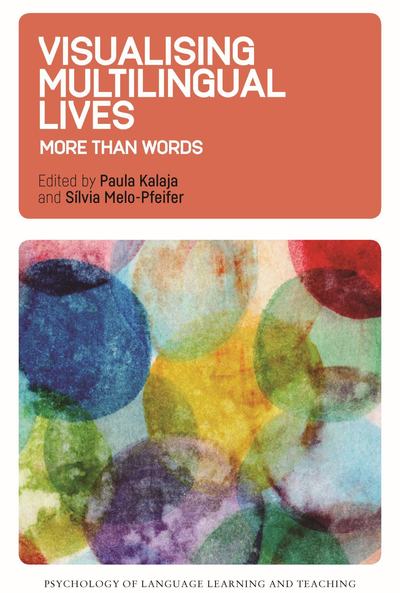- Contributor
- Editors
- Publisher
- Year
- ISBN
- Language
- Nayr Ibrahim
- Paula Kalaja and Sílvia Melo-Pfeifer
- Multilingual Matters
- 2019
- 9781788922593
- English
This book brings together empirical studies from around the world to help readers gain a better understanding of multilinguals, ranging from small children to elderly people, and their lives. The chapters focus on the multilingual subjects’ identities and the ways in which they are discursively and/or visually constructed, and are split into sections looking specifically at the multilingual self, the multilingual learner and multilingual teacher education. The studies draw on rich visual data, which is analysed for content and/or form and often complemented with other types of data, to investigate how multilinguals make sense of their use and knowledge of more than one language in their specific context. The topic of multilingualism is addressed as subjectively experienced and the book unites the current multilingual, narrative and visual turns in Applied Language Studies. It will be of interest to students and researchers working in the areas of language learning and teaching, teacher education and bi/multilingualism, as well as to those interested in using visual methods and narratives as a means of academic research.
This chapter focuses on the identity construction and exercise of agency of trilingual children (N = 13, aged 5–17 years) living in the capital of France. They were learning to read and write (or becoming literate) in three languages (French, English and a Heritage Language) in different educational contexts, both formal and informal. In addition to providing verbal data,the children were asked to produce drawings and bring to the interviews objects that represented the languages they spoke. Children’s narratives, pictorial representations and artefacts reveal that children’s identity construction is anchored in lived experience through the languages they use in interaction with real people, in tangible places, and through relevant events that have value for the children. This tripartite framework of person-place-experience was further categorized into fixed (physical and unique) and hybrid (overlapping and complex) spaces. Children negotiate their identity between the need to affirm a narrow language-ethnic or language-national link and the inevitable multilingual interaction in hybrid spaces.
- Reviews


